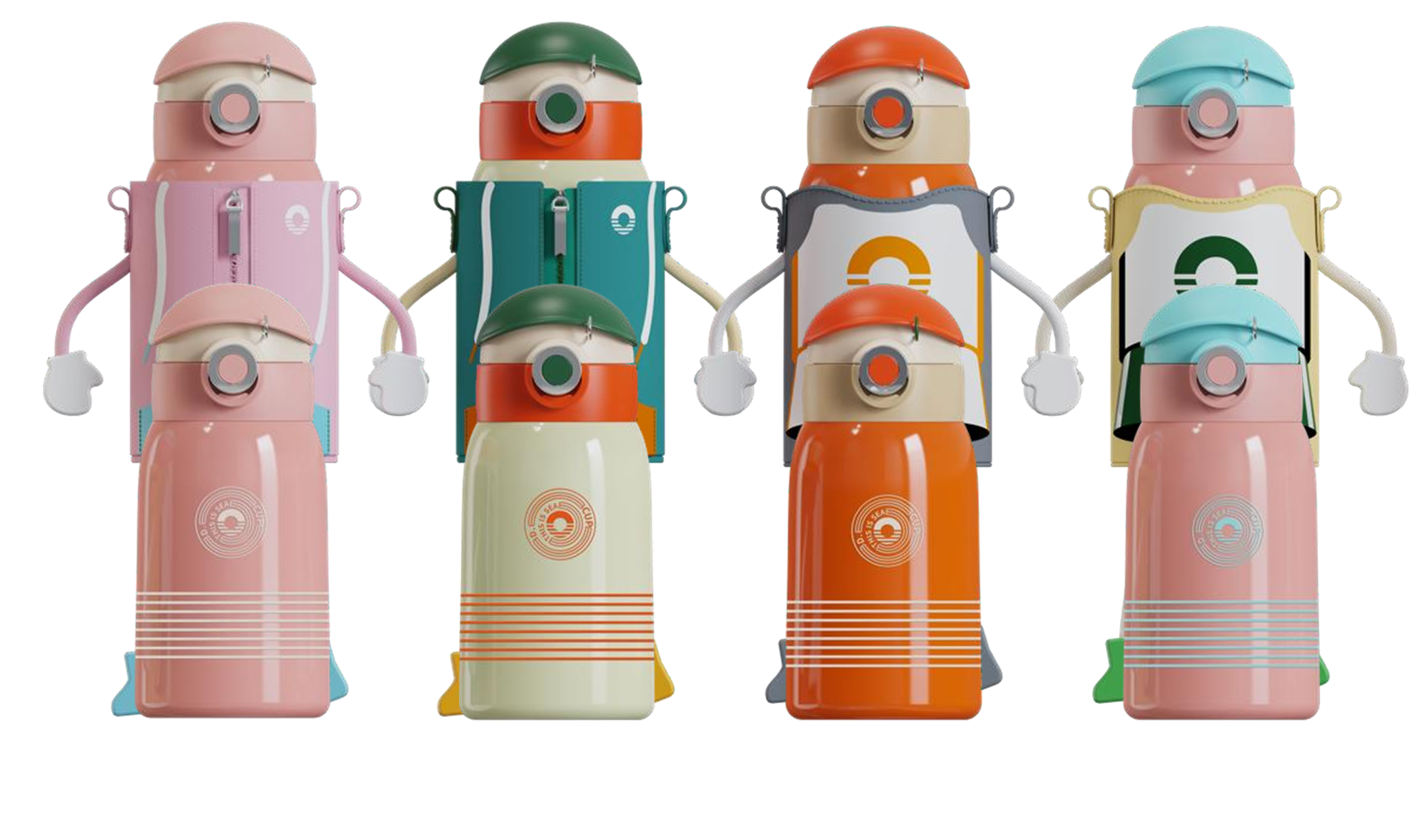The Importance of Staying Hydrated
Water is essential for life. It makes up about 60% of our body weight and is involved in many important functions, including:
- Regulating body temperature
- Transporting nutrients and oxygen to cells
- Removing waste products
- Lubricating joints
- Cushioning the brain and spinal cord
- Maintaining electrolyte balance
When we don't drink enough water, we can become dehydrated. Dehydration can lead to a variety of health problems, including:
- Fatigue
- Headaches
- Constipation
- Kidney stones
- Muscle cramps
- Dizziness
- Confusion
- Heat stroke
In severe cases, dehydration can be fatal.
There are a number of things that can increase your risk of dehydration, including:
- Exercising in hot weather
- Drinking alcohol or caffeine
- Taking certain medications
- Having certain medical conditions, such as diabetes or kidney disease
- Being elderly or young
If you are at risk of dehydration, it is important to drink plenty of fluids. The amount of water that you need each day varies depending on your age, activity level, and climate. However, most adults should aim to drink about 8 glasses of water per day.
There are a number of ways to make sure that you are getting enough fluids. Here are a few tips:
- Carry a water bottle with you and sip on it throughout the day
- Drink water before, during, and after exercise
- Eat fruits and vegetables that are high in water content, such as watermelon, cucumbers, and celery
- Avoid sugary drinks, such as soda and juice, as they can actually dehydrate you
- If you are feeling thirsty, drink! Thirst is a sign that you are already dehydrated
By following these tips, you can help ensure that you are staying hydrated and healthy.
Here are some additional tips for staying hydrated:
- Pay attention to your body's signals. If you're feeling thirsty, tired, or lightheaded, it's a sign that you're not drinking enough fluids.
- Listen to your doctor. If you have any medical conditions that affect your fluid needs, talk to your doctor about how much water you should be drinking.
- Make water fun. Add a slice of lemon or lime to your water, or try infusing it with fruit or herbs.
- Set a good example for your children. Children learn by watching the adults in their lives, so make sure they see you drinking plenty of water.
By following these tips, you can help ensure that you and your family are staying hydrated and healthy.















